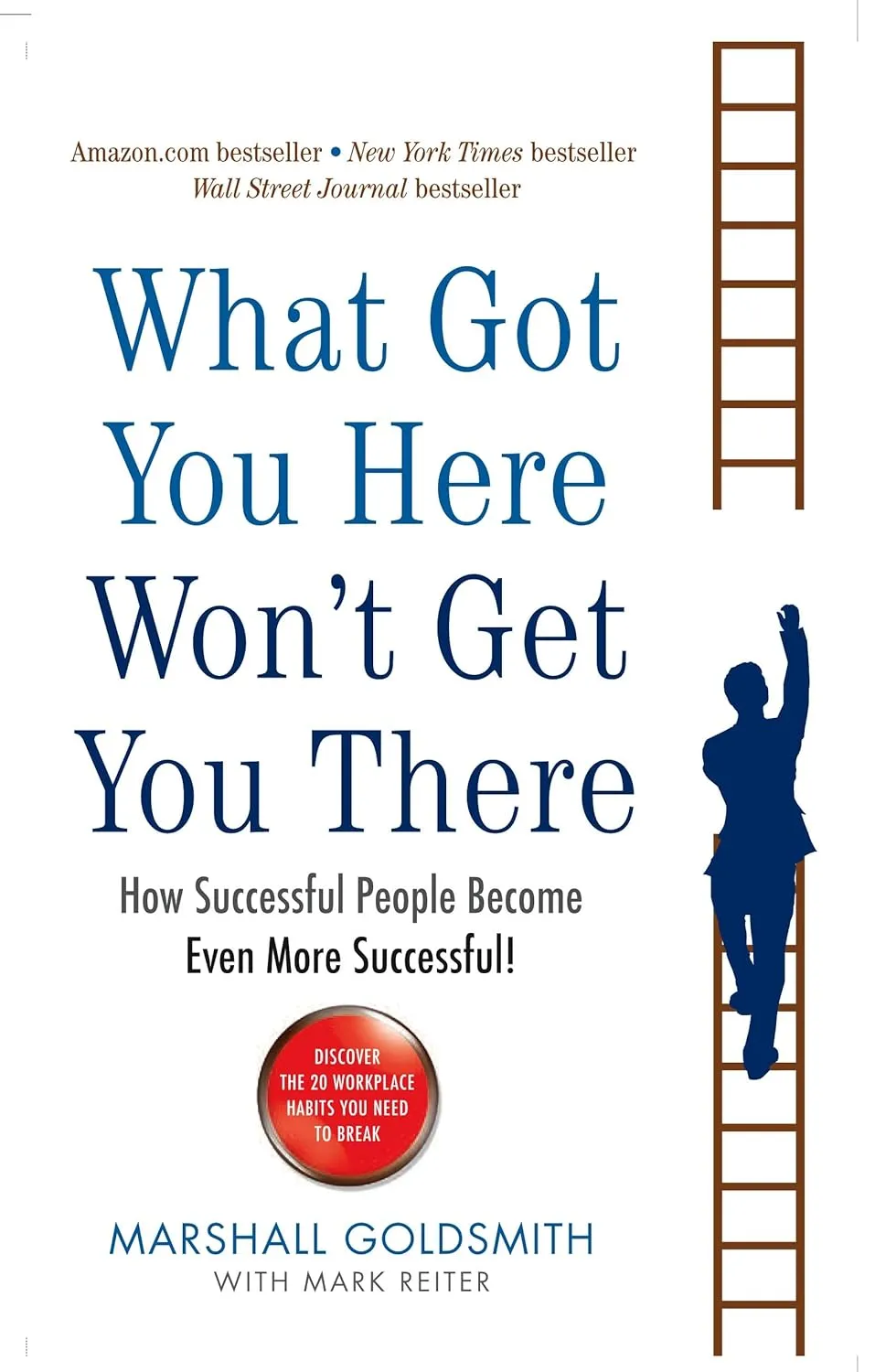
What Got You Here Won’t Get You There explores Mark Goldsmith’s experience of working with leaders along with his personal evolution. Author clearly witnesses a pattern that holds back people for making the transition to key leadership positions in their organizations.
The book explains on how many of us reach a certain altitude in our careers only to find ourselves trapped in an invisible cage of our own making. The very habits that propelled us forward in our early career become the anchors that hold us back from reaching our true potential.
The Hidden Cost of Success
Marshal Goldsmith draws from his personal and mentoring experiences on how success breeds a peculiar kind of blindness within us. We become so accustomed to our ways of working that most of us fail to see how they are holding us back. This revelation hit me particularly hard when I realized how my own need to constantly add value was actually diminishing the contributions of those around me.
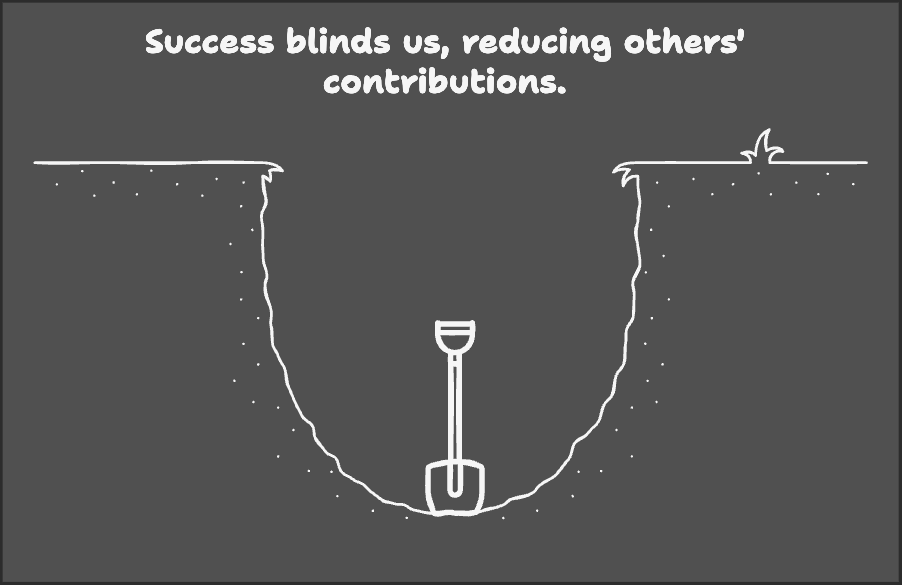
Key Self-Sabotaging Behaviors
Marshal Goldsmith identifies certain habits, which initially provided us the momentum to leapfrog in our careers but overtime lead to roadblocks that hinder our further growth across our professional and personal domains.

The Overcommitment Trap
We often praise our ability to take up any work given to us as a badge of honor. Most of us find it hard to say “No” to any opportunity presented to us even when we are not sure if we have the energy or time at our end. As we are starting our careers, most of us are presented with limited opportunities, so we commit to any opportunity presented to showcase our ability.
However as we move up our career ladder, it leads to us and our team teetering on the edge of burnout. Rather than blaming our inability to manage our time effectively, we need to keep in mind that not every opportunity needs to be undertaken by us. “No” needs become our default response rather than “Yes” if we are to avoid such mishaps.
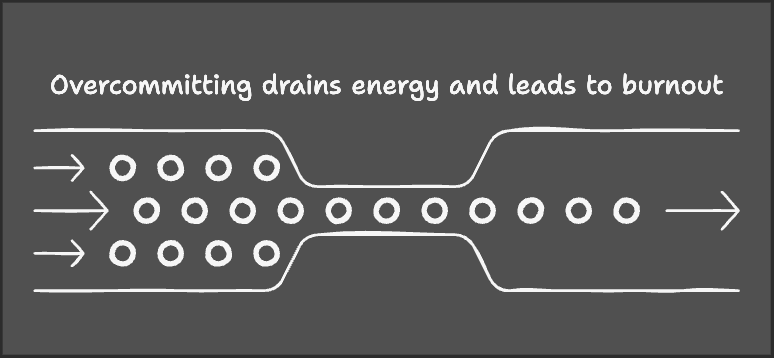
The Victory Addiction
When starting our careers, we often feel the need to showcase our ability and start competing with our peers to get an edge. Overtime, we fall into a trap of competing with everyone even when there is no such need.
We all can clearly recall countless meetings where our drive to be ‘right’ often leaves others feeing unheard and undervalued. Over time people just avoid working with you or just put in half-baked efforts to avoid starting arguments with us.
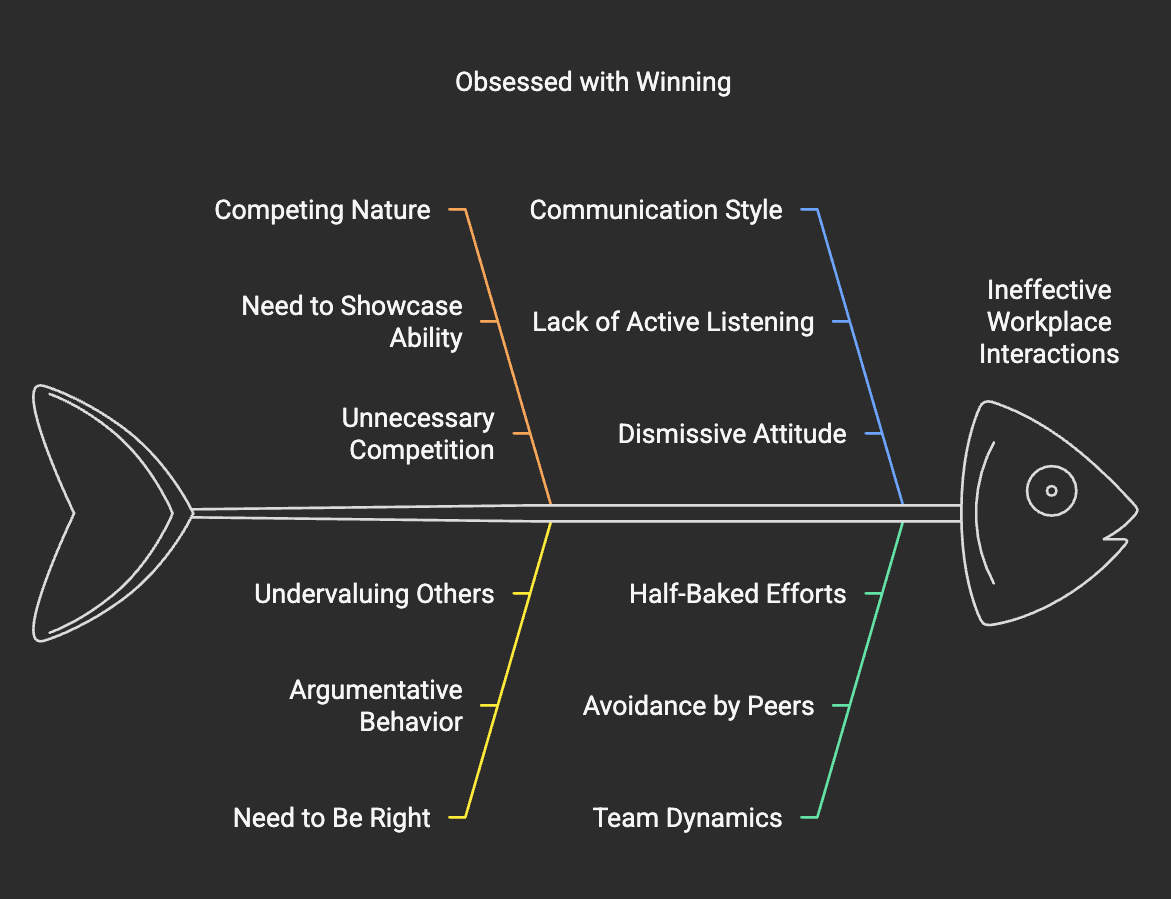
The Intelligence Showcase
Most of us including myself feel the need to showcase our intellectual ability even at the expense of personal relations with our friends and peers. Technical expertise is a valuable asset but in our quest to showcase whenever and wherever often comes at the expense of meaningful conversations and connections with others.
Take a step back and think how you would feel if someone butts in when you are speaking to show how smart he or she is. So most of our peers, friends and team members feel the same frustration when you butt in when they are speakingeam.
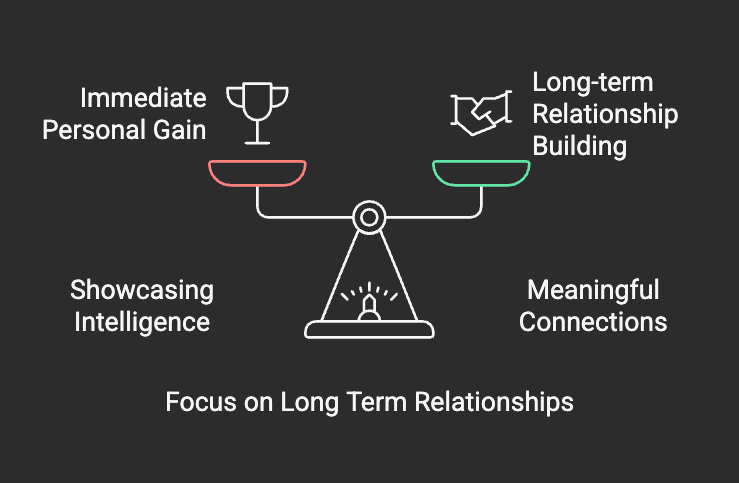
The Path to Transformation
Breaking free from some our bad habits is not easy nor is it linear in nature. Mark Goldsmith provides the readers with several key strategies to help readers in making changes that allow us to break free from some of our bad habits

Starting the Change Journey
Developing a “To Stop” List
Most of us have a “To Do” list that we develop to help us keep a track of our work. In the same vein, author explains how developing a simple “To Stop” list can go a long way in making effective changes.
Meticulously identify certain key habits in our “To Stop” list that we are keen to eliminate. Track the list judiciously on a regular basis till we are sure that we have eliminated them.
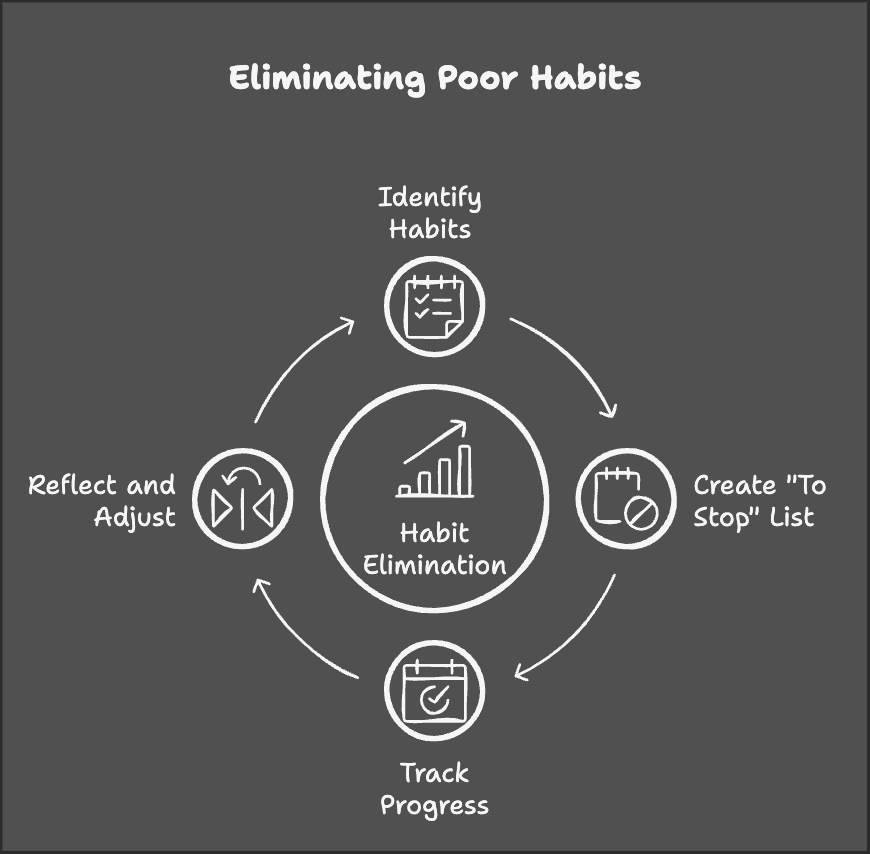
Embrace Feedback
Most of us tend to adopt a defensive mindset when provided with a feedback on certain habits or quirks of us. Adopt a growth mindset, focussing how to use the feedback to do better rather than justifying our past actions. When we show others a positive mindset when provided with feedback, it allows opportunities for growth and connections with them

Developing New Habits
We all aspire to make change but fail to realize the consistent effort and accountability demanded for real change. Atomic Habits explains in detail how to go about making such changes. Mark Goldsmith in similar vein lays down some simple ideas how to get started
Active Listening
We all have a tendency to focus our efforts on how to respond to others than paying attention to actually understand what is being spoken. 9 out of 10 times, a response is not required unless explicitly stated. Shifting our focus to listen to what is being spoken with genuine enthusiasm and curiosity goes a long in transforming our relationships with others
When anyone provides us feedback or suggestions, a simple “Thanks” or “OK” or any neutral statements avoids debate on the same. People feel appreciated when their ideas or suggestions are given it’s due weightage.
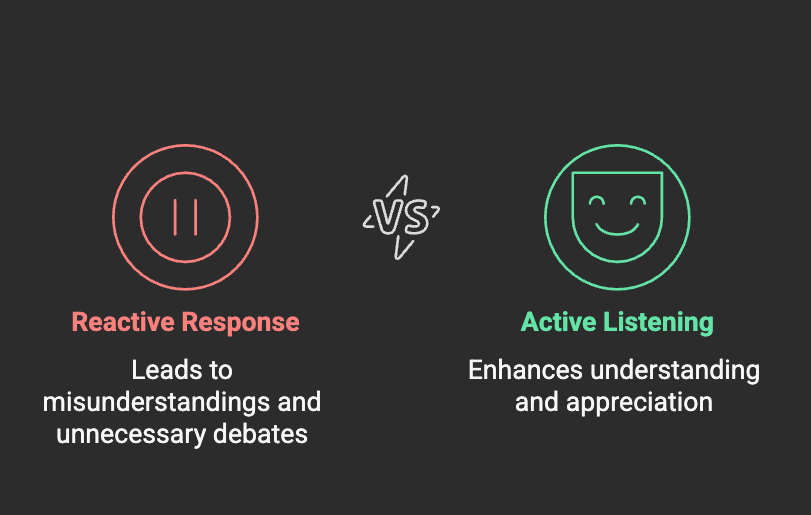
Following Through with Intention
Change isn’t just about making promises – it’s about following through. Mark Goldsmith suggests identifying a peer or friend or a team member, with whom you can regularly check in about your progress. When you clearly demonstrate to everyone about changing yourself, people are more than ready to help you in your journey
If in the situation, you are not too keen to involve others, you can develop a simple questionnaire that you ask yourself on a regular basis to ensure you are focussed
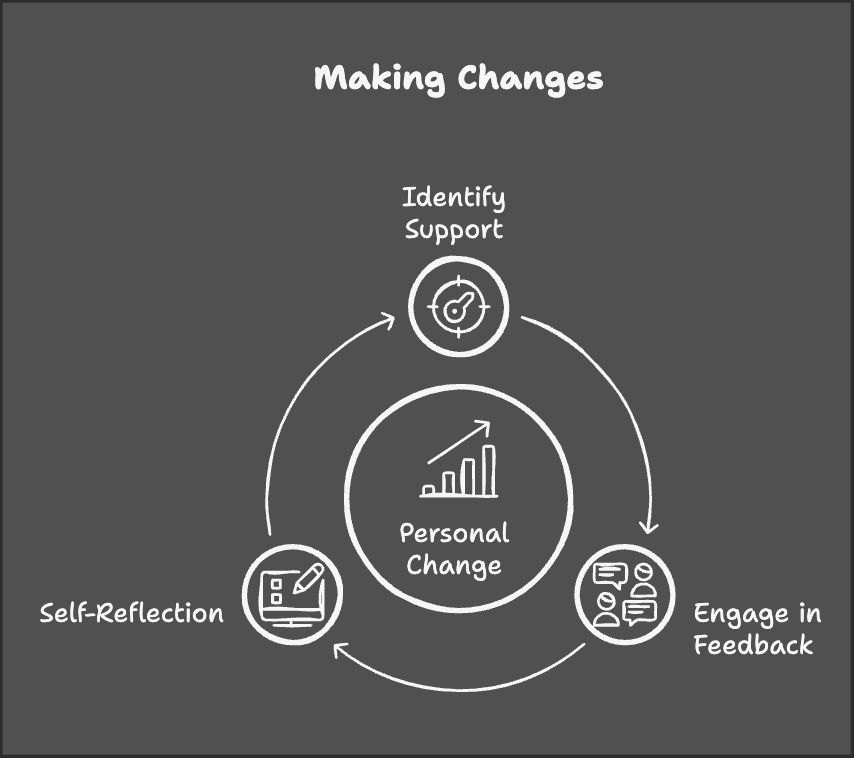
Moving Forward with Purpose

The author throughout the book clearly states that our journey of professional growth is ongoing, and perfection is never the goal. What matters is progress and our willingness to continuously examine and adjust our behaviors.
True leadership isn’t about being flawless – it’s about being aware, adaptable, and committed to growth at every stage of our life
Creating Lasting Change
The author reminds the reader on multiple occasions that sustainable change comes from:
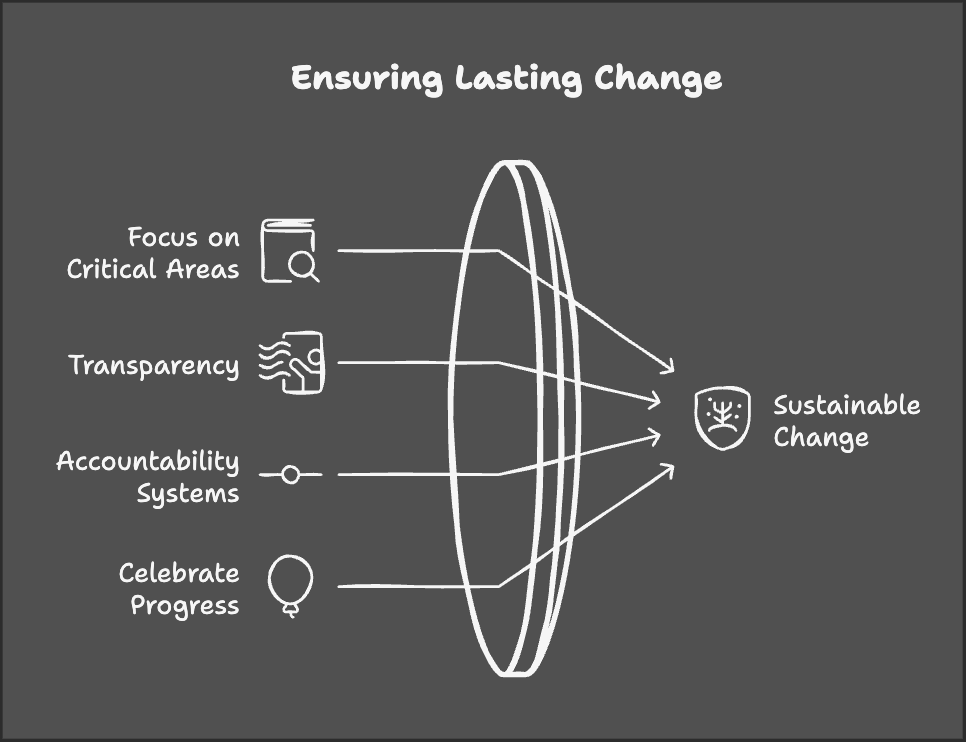
-
Focusing on one or two critical areas at a time
-
Being transparent about our journey
-
Creating accountability systems
-
Celebrating progress while acknowledging the work ahead
Conclusion
Breaking free from self-sabotaging behaviors isn’t always easy, but it’s crucial if we are to keen to improve ourselves.
By recognizing our patterns, listening to others’ feedback, and making a commitment to change, we can create a positive impact that benefits not only ourselves, but everyone around us.
Audio Overview
AI generated podcast for those keen to explore the topic in more detail. The Audio overview is generated with aid of NotebookLLM using notes I taken when I read any book.